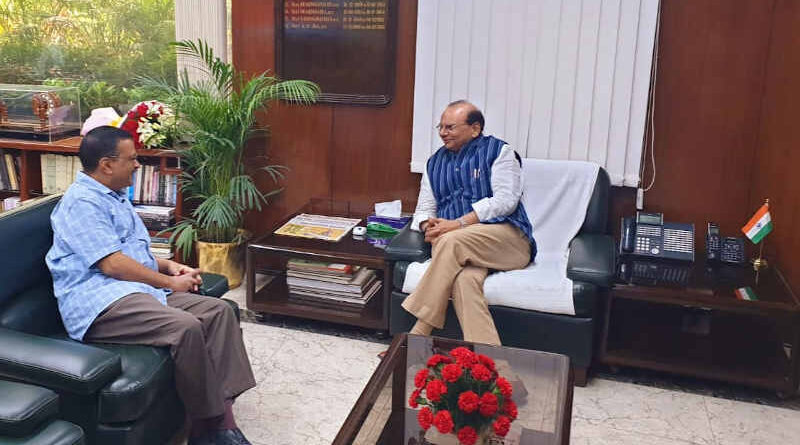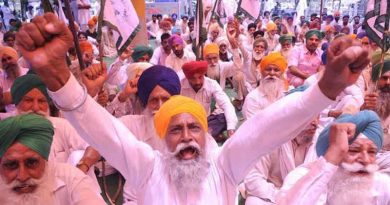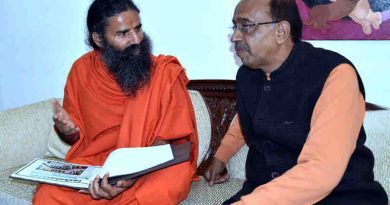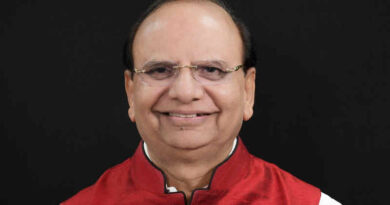Delhi LG Grants Permission to Prosecute Arvind Kejriwal in Liquor Scandal Case
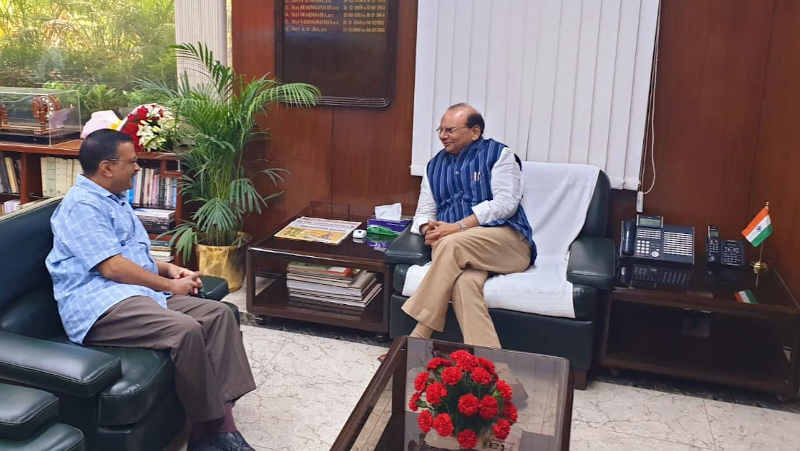
Delhi LG Grants Permission to Prosecute Arvind Kejriwal in Liquor Scandal Case
Kejriwal and a slew of other AAP politicians are accused of massive corruption and money laundering crimes in the Delhi liquor mafia case.
By Rakesh Raman
The Lt. Governor (LG) of Delhi Vinai Kumar Saxena has granted permission to the Enforcement Directorate (ED) to prosecute Aam Aadmi Party (AAP) leader and former Delhi chief minister (CM) Arvind Kejriwal in the Delhi liquor policy case.
The LG gave the permission today (December 21) after the ED had approached Delhi chief secretary – who is also the state’s Chief Vigilance Officer – earlier this month to seek permission for Kejriwal’s prosecution.
Kejriwal and a slew of other AAP politicians are accused of massive corruption and money laundering crimes in the Delhi liquor mafia case in which it is alleged that the AAP leaders colluded with liquor mafia members to embezzle hundreds (or may be thousands) of crores of rupees.
The ED had arrested Kejriwal on March 21 when he was the CM, but the Supreme Court ignored all the evidence against him to grant him bail in September when Kejriwal had spent almost 5 months in Delhi’s Tihar jail.
The Supreme Court judges – influenced by an old lawyer who belongs to the Congress party and represents Kejriwal and other AAP accused – threw the law out the window to grant bail to Kejriwal.
In the ongoing liquor mafia case, Kejriwal’s other colleagues – including Manish Sisodia and Sanjay Singh – were also jailed. In October last year, while rejecting the bail application of Sisodia, the Supreme Court said there is a possible embezzlement of Rs. 338 crore in the liquor scam case. But in a dubious manner, the court granted bail to Manish Sisodia and Sanjay Singh also.
[ Video: क्या अरविंद केजरीवाल फिर से जेल जाएंगे? ]
The conduct of these complicit judges and the Delhi liquor scandal case is described comprehensively in the “India Judicial Research Report 2024. Decline of the Indian Judiciary”. You can click here to download and read the report.
Although the AAP politicians keep blaming the rival political outfit Bharatiya Janata Party (BJP) for the action against Kejriwal, there is ample evidence which suggests that massive corruption took place in the liquor policy case.
If the court trial of Kejriwal and other accused AAP politicians is carried out lawfully, there is a probability that they will have to spend their remaining lives in jail. However, since the judiciary in India is highly corrupt, the AAP accused are not likely to be jailed and if they are jailed, the court judges will quickly release them on bail.
The Supreme Court judges are so dishonest and cunning that they assert the ‘Bail Is the Rule, Jail Is the Exception’ principle when they have to grant bail to some influential prisoners like Kejriwal and Sisodia.
According to the judges, this bail principle even applies to people incarcerated under the draconian Unlawful Activities (Prevention) Act (UAPA). But the corrupt courts do not apply this principle uniformly.
There are a slew of other political prisoners who are languishing in Indian jails because the Supreme Court judges and other judges of courts want them in jails without any reason.
For example, a student leader Umar Khalid has been repeatedly denied bail because some judges want to keep him behind bars without formal conviction. During his four years in jail, Khalid’s bail application was arbitrarily rejected 14 times because he was raising his voice against the atrocities of the ruling regime.
Similarly, a youth Sikh leader from Punjab Amritpal Singh has been incarcerated in the Dibrugarh jail of Assam because he was opposing the hostile actions of the Punjab Government. But his repeated appeals to get bail have fallen on deaf ears.
Since most politicians in India are criminals, judges are corrupt, and bureaucrats do not work without taking bribes, no action is expected here against corruption crimes. Therefore, an appeal has been filed to set up a Special International Tribunal to punish the perpetrators of Crimes Against Humanity and Grand Corruption Crimes in India.
By Rakesh Raman, who is a national award-winning journalist and social activist. He is the founder of the humanitarian organization RMN Foundation which is working in diverse areas to help the disadvantaged and distressed people in the society.

